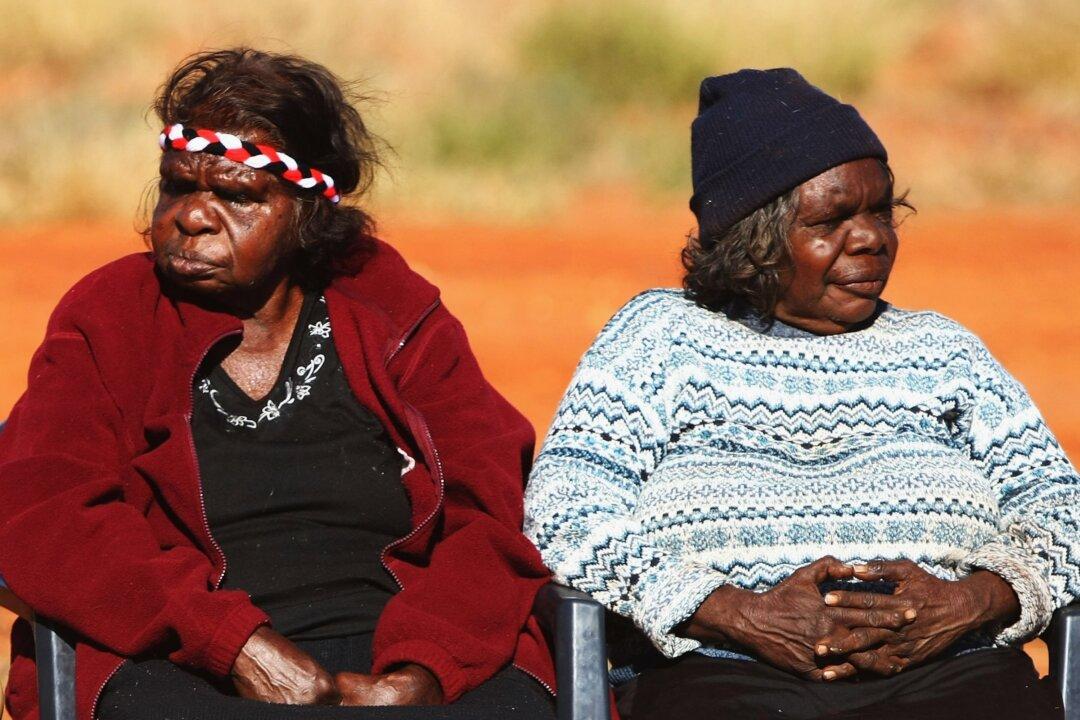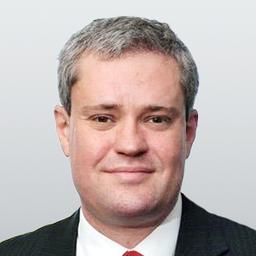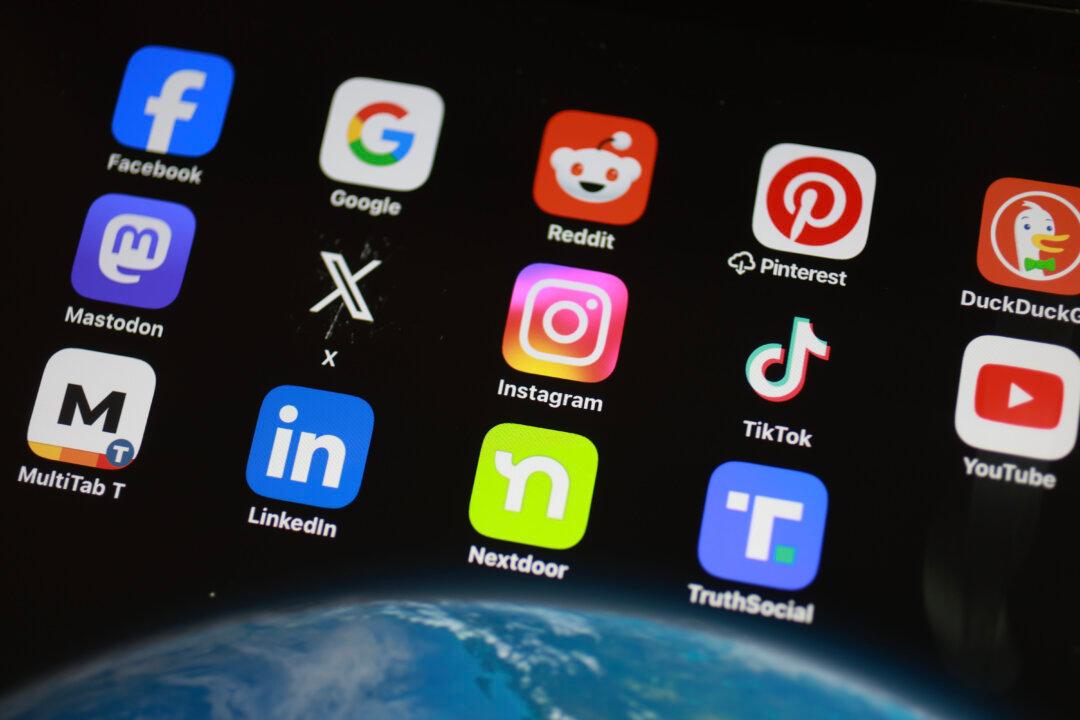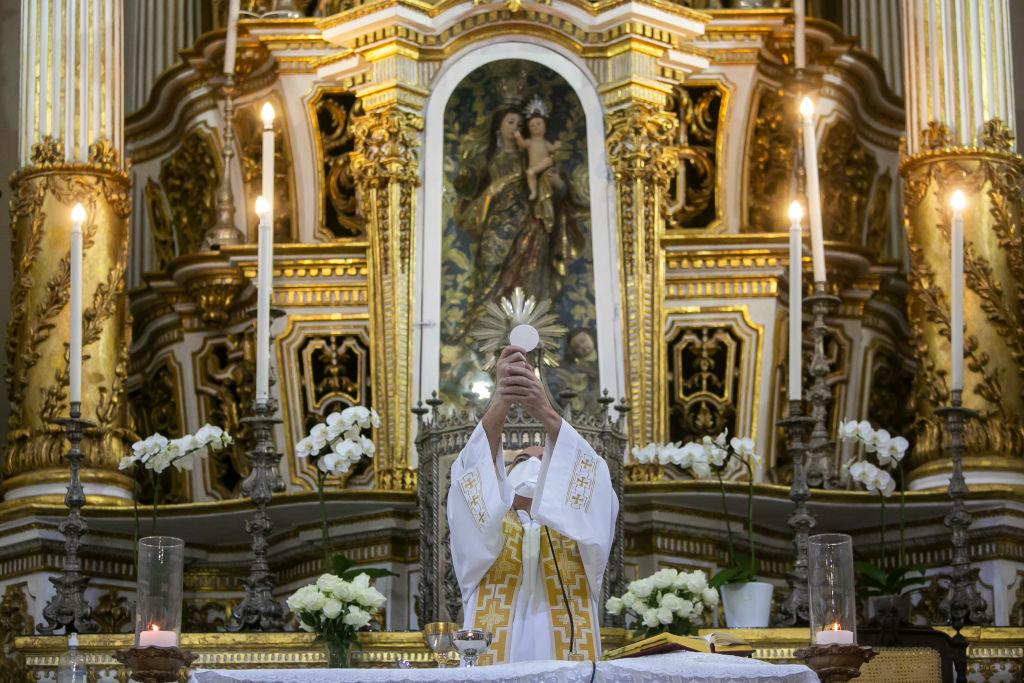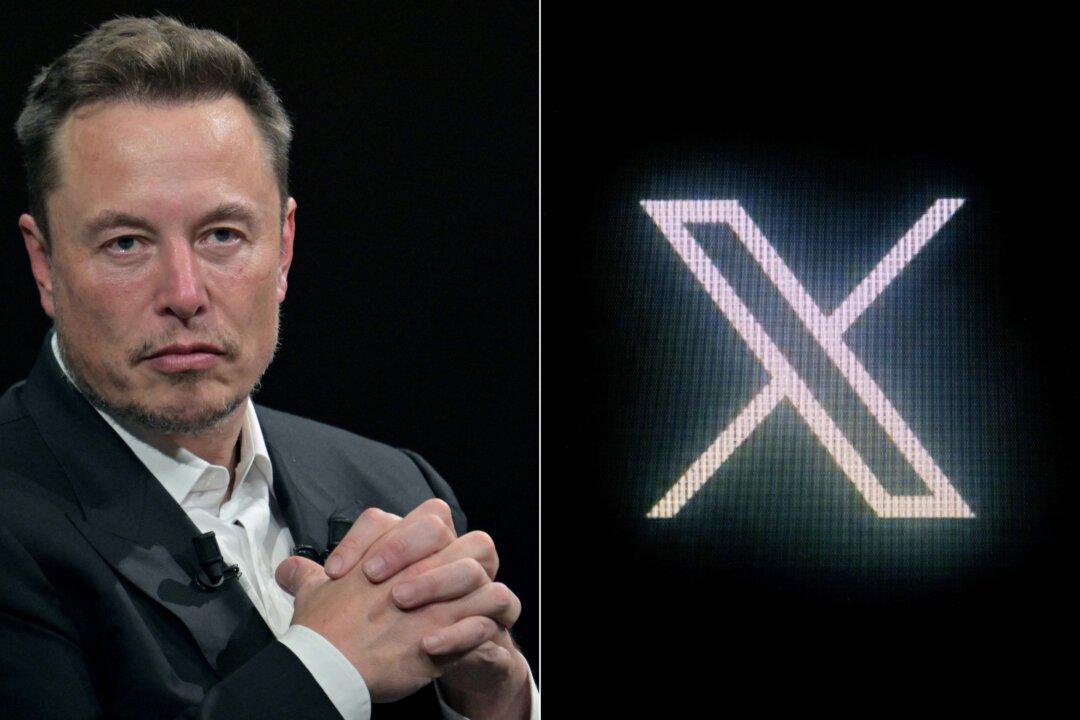Commentary
The new Australian Prime Minister, Anthony Albanese, commenced his election victory speech by declaring: “On behalf of the Australian Labor Party, I commit to the Uluru Statement from the Heart in full.” This would involve a “First Nations Voice” entrenched in the Australian Constitution, consisting of a standing body to advice federal Parliament on laws that affect not just the Aboriginal community but, potentially, the nation as a whole.
